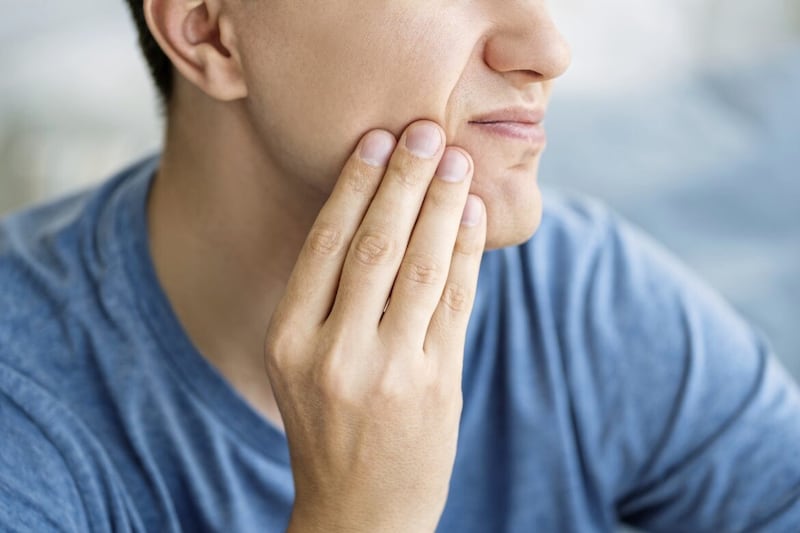HANDS up who likes going to the dentist? Actually there are some people who do but the majority of people find it challenging, with about 20 per cent of adults suffering from a full-on dental phobia.
Dental phobias stem from a variety of sources like bad experiences in the past, embarrassment of neglected teeth, stories told by others, fear of panicking in front of people, fear of losing control or of choking. They can be so all consuming that some people avoid the dentist for decades, with the phobia leaving a shambles of painful crumbling teeth in its wake.
Hypnosis is one way of tackling a dental phobia. People are often sceptical of hypnosis as they are concerned that it's like 'stage' hypnosis; however it’s impossible to hypnotise someone against their will. As long as it’s used by a responsible professional there should be no concerns regarding safety.
It may be more useful to think of it as the quieting of the conscious mind.
The hypnotic process for a patient with a high level of dental phobia is based upon getting them to stop focussing on their fear internally. The majority of hypnotic therapies start with an induction which is a combination of distraction and focus on an external object such as a pen or even a hand.
The induction process includes elements of suggestion of relaxation and quite quickly the patient's eyes will close, their breathing will slow as well as their pulse. The next stage is deepening, where the patient is taken into a deeper trance. Some patients respond quicker than others and the therapist's use of language and timing are crucial to allow the patient to trust that they can go deeper into trance.
Once you have successfully reached the stage where you can imagine yourself at the dentist’s surgery, you will then be taught to imagine all the various stages of treatment, again while remaining totally relaxed.
So hypnotherapy helps you to face the dentist by teaching you to relax at will. It’s impossible to be relaxed and anxious at the same time. So whether you want to control a strong gag reflex, confront your needle phobia, treat chronic facial pain or reduce a grinding habit, hypnotherapy may be one avenue to explore to make life easier.







